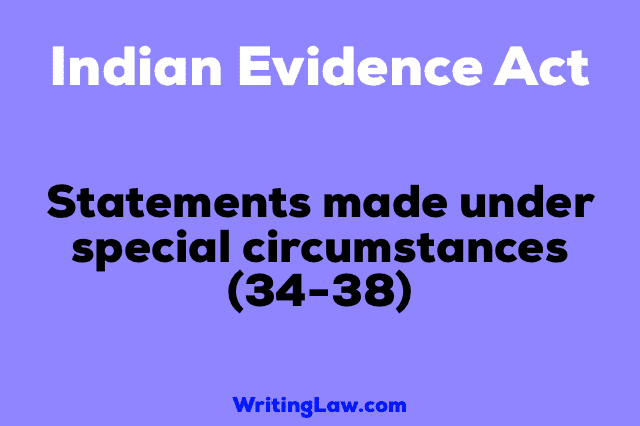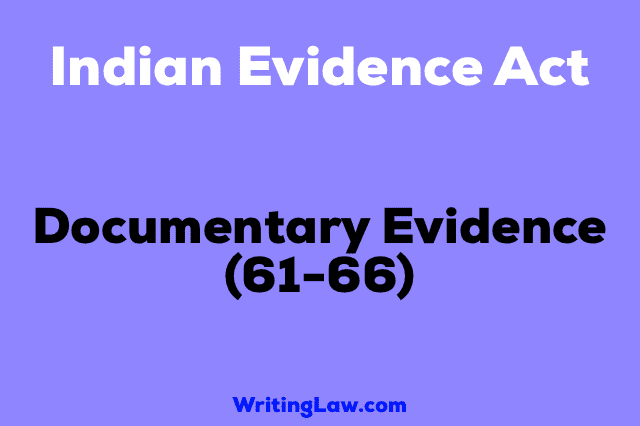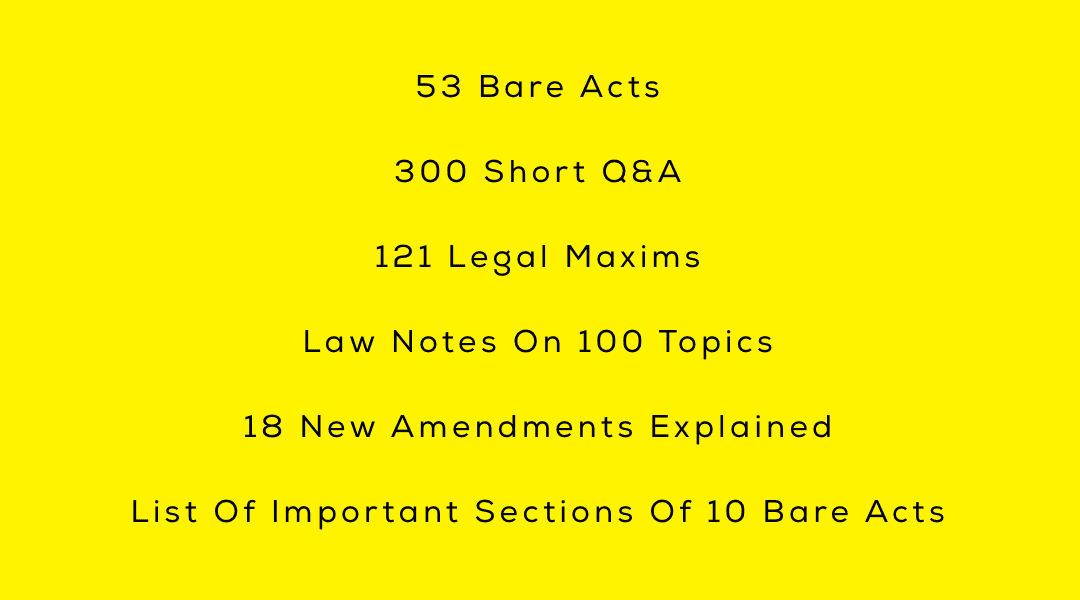Order LI of CPC – PRESIDENCY SMALL CAUSE COURTS
ORDER LI of CIVIL PROCEDURE CODE (CPC) – PRESIDENCY SMALL CAUSE COURTS. 1. Presidency Small Cause Courts. Save as provided in rules 22 and 23 of Order V, rules 4 and 7 of Order XXI, and rule 4 of Order XXVI, and by the Presidency Small Cause Courts Act, 1882KEEP READING






















